Domicile requirements often come up for folks living the full-time RV lifestyle. Picking a home base is a bit more than just choosing a state on a map.
Every state has its own rules, and what you choose can affect your taxes, legal situation, health insurance, and how easy it is to vote or register your vehicles. I’m going to walk you through what to expect, what to watch for, and how full-time RVers handle it.
Understanding Domicile for Full-time RVers
Domicile means your fixed, permanent, and principal home. Even if you live on the road, you need to choose one place to treat as home for legal and tax reasons.
For RVers, this doesn’t have to be where you own property or even spend most of your time. It’s a legal construct that states use for things like taxes, voting, and official documents.
Many people confuse domicile with residency. Residency is just where you are living at the moment. Domicile is your long term, legal home base.
Changing your domicile is a process, and states look for certain factors to prove you’re actually using that place as your home base. Your choice of domicile can impact things like state income taxes, requirements for vehicle inspections, health insurance options, and more.
So, if you’re hoping to keep things simple and possibly cut costs, understanding how domicile works is super important.
RVers often pick states with minimal taxes and fewer requirements. South Dakota, Texas, and Florida are three popular options. But no matter the state, proving domicile involves more than just a quick paperwork switch.
Key Domicile Requirements to Know
States look at certain factors when it comes to recognizing your domicile. Here are a few of the main ones you’ll want to think about:
- Driver’s License and Vehicle Registration: This often tops the list. You need a state-issued driver’s license or ID, and your vehicles need to be registered in your domicile state. Some states require regular inspections or emissions testing, so check what you’ll need to do each year.
- Mail Service: A physical address in your chosen state is almost always required. RVers typically use a mail forwarding service, which can also provide proof of a physical address for things like voter registration or banking. We have used Passport America’s mail forwarding service since 2010.
- Voter Registration: Registering to vote in your domicile state helps prove that you truly intend to treat that state as home. You’ll also want to update your federal and state tax records with your new address.
- Banking and Legal Documents: Updating your address on banking records, insurance policies, trusts, wills, and other legal documents is another big step. Some folks also move their primary doctor relationships and transfer prescriptions, especially if health insurance options change by state.
- Staying Connected to Your State: Some states might require an annual visit or a short stay, often to renew your license or vote. Be sure you know if that applies. Keep careful records just in case someone questions your status later.
Every person’s situation is a little different, but most RVers work through a checklist like the one above. Staying super organized keeps you out of trouble with state agencies and helps you avoid sticky tax questions later on.
Popular States for Full-time RV Domicile
For folks just getting on the road, certain states come up again and again. Here’s why they’re worth a look:
Texas: Easy licensing, no state income tax, and no vehicle safety inspections required for most motorhomes and trailers. Texas makes it easy to register for mail forwarding, and health insurance options can be pretty solid for many families or individuals.
South Dakota: Also has no state income tax, and you only need to stay one night in the state every five years to keep your driver’s license valid. Vehicle registration is fast, taxes are low, and insurance plans are usually available through the federal exchange.
Florida: Offers no state income tax, warm weather, and flexible requirements for vehicle and voter registration. Health insurance can be affordable, and the mail forwarding services here are among the country’s oldest and most trusted.
Each of these states typically requires you to spend minimal time there each year. But remember, local laws can change. Checking the official state websites or using services like Escapees or America’s Mailbox offers updated details and step-by-step instructions for making your domicile change stick.
Setting Up Your Proof of Domicile
Getting all your documents in order is where many full-time RVers slip up. Here’s how I usually break it down, so nothing falls through the cracks:
- Update your driver’s license and vehicle registrations as soon as you pick a state. Some states let you handle this all in one day, while others make you wait for titles to transfer.
- Open or update a checking account at a bank or credit union with branches in your new state. Sometimes, you’ll need to show two forms of state residency for account verification.
- Talk to your insurance agent to switch your vehicle, RV, health, and liability insurance to your new domicile state. For Medicare, Medicaid, or plans on the ACA marketplace, your new address will shape your coverage options and prices.
- Register to vote using your mail forwarding or home base address. This usually takes a few weeks, so plan ahead if you want to be eligible in the next election.
- Move your prescriptions and healthcare files. Many states have partnerships with national pharmacy chains, so switching isn’t too tough, but it’s worth checking for weird state rules on controlled or specialty meds.
- Let your tax advisor know you’ve switched states if you file anything more complicated than a basic return. The right paperwork keeps you from running into double taxation headaches.
If you have a trust, LLC, or other business registration, be sure to update your legal documents as well. I recommend keeping a home base folder with paper and digital copies of license renewals, vehicle registrations, mail forwarding contracts, and voter registration. Having everything handy means you can quickly show proof of where you legally belong.
Common Challenges with Domicile as an RVer
Living on the road is fun, but dealing with government forms and deadlines can get tricky. Here are some common issues and how to handle them:
- Mail Delays: Sometimes your mail forwarding service can run slowly, or packages can go missing.
- State Requirements Changing: Laws change all the time. Always check your chosen domicile state’s DMV and government sites once or twice a year. This helps avoid surprises like new fees, inspection rules, or health insurance cutoffs.
- Banking Problems: Some banks do not accept an address tied to a mail forwarding service. Picking a national or RV-friendly bank helps. Some RVers choose online banks or credit unions that are used to remote clients.
- Vehicle Inspections or Smog Tests: A few states require you to physically return for an inspection every year or two. Some only need a photo. Check these rules before you set up your legal home.
- Health Insurance Surprises: Health coverage varies by state on the ACA exchange and private markets. Plan ahead to avoid losing coverage. Some families use nationwide health cost-sharing plans when local options are too limited or expensive.
Most of these hassles can be managed with a bit of organization. Taking time to plan means you won’t get stuck trying to fix a problem from hundreds of miles away.
Tips for Making Your Domicile Change Smooth
Getting this step right makes your RV lifestyle easier long term. Here are some of my favorite tips that keep the process simple:
- Pick Your State Thoughtfully: Compare taxes, mail services, vehicle rules, and insurance options before making your pick. List out the things that matter most to you.
- Get Help from the Pros: Groups like Escapees, FRVA, and mail forwarding businesses offer personal help and clear guides for every step. Some will even handle the paperwork for you for a small fee.
- Keep Digital Copies of Everything: Scan and save every document to the cloud. If you lose something or face a question, you’ll have a backup ready at all times.
- Stay Connected to Your Chosen State: Consider returning for state or local elections, yearly storage, or a license renewal. Grab receipts and photos as simple proof.
- Set Annual Reminders: Google Calendar is handy for flagging license, registration, and insurance deadlines so nothing slips through the cracks.
Following these tips takes some of the stress out of what can feel like a big change and keeps your legal and financial life squared away on the road.
Frequently Asked Questions
Here are answers to some of the top questions full-time RVers ask about domicile.
Can I pick any state for my domicile?
Generally, yes, as long as you meet the state’s standards for showing you intend to make it your legal home. That includes things like updating your license, voter registration, and address records.
What’s the difference between domicile and residency?
Domicile is your permanent, legal home. Residency is just where you’re temporarily staying. RVers need a legal domicile for taxes, registration, and voting because they move all the time.
How do I get my mail if I live on the road?
Mail forwarding services give you a street address and then send your mail wherever you are. Companies like Escapees, America’s Mailbox, and DakotaPost are big favorites among full-time RVers.
Will I have to pay income tax in my domicile state?
Only if your domicile state charges income tax, that’s why South Dakota, Texas, and Florida are so popular; they don’t tax personal income for most residents.
What if my plans change?
You can switch domicile states if your needs or RV route change, but you’ll have to repeat many of the steps. Always notify all the appropriate agencies and update your official documents to avoid problems.
Wrapping Up
Picking the right domicile for your full-time RV life takes a little research and some paperwork, but it can save you a lot of hassle later.
With the right prep, you can travel wherever you want and keep your legal, tax, and personal affairs squared away. If you want to dig deeper, I suggest checking resources like Escapees RV Club or your chosen state’s official government sites for up-to-date info.
Stay safe, enjoy the open road, and remember, getting your domicile right is one of those tasks that makes everything else in RV living run smoother.
If you want advice on working online from your RV or tips for boosting your connectivity on the road, check out our other posts. You’ll find lots of practical tips and real-life solutions from longtime full-timers.

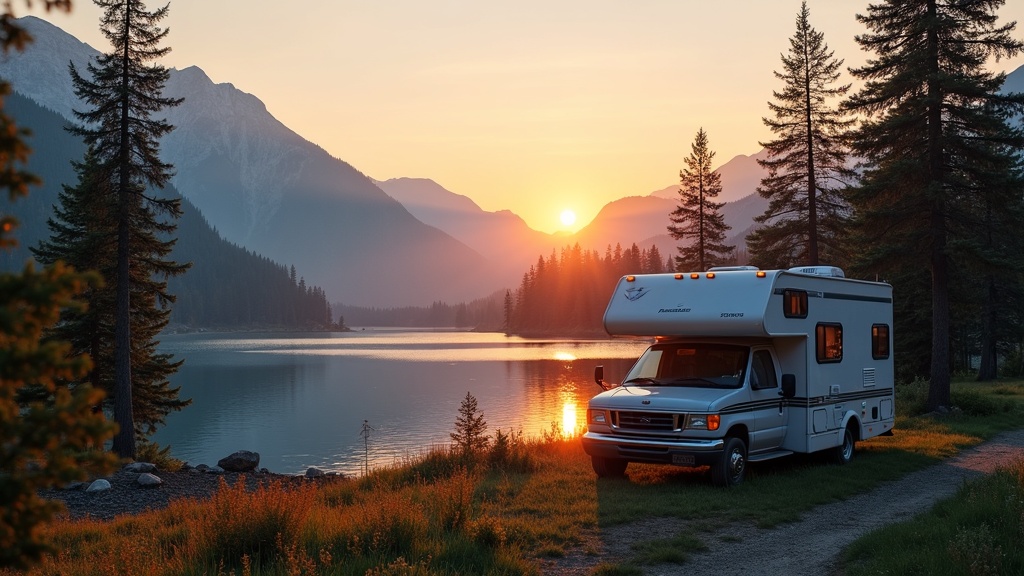
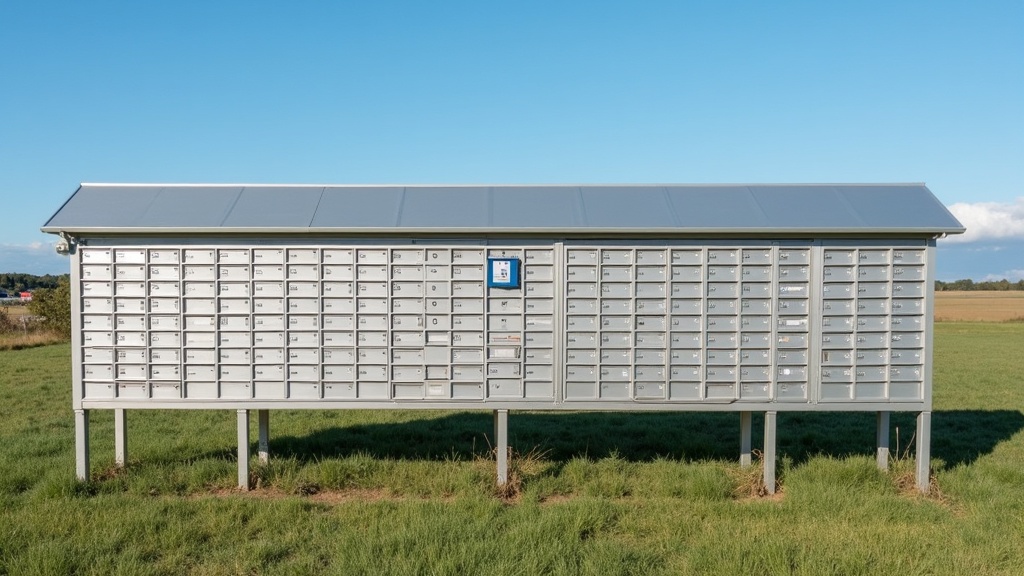
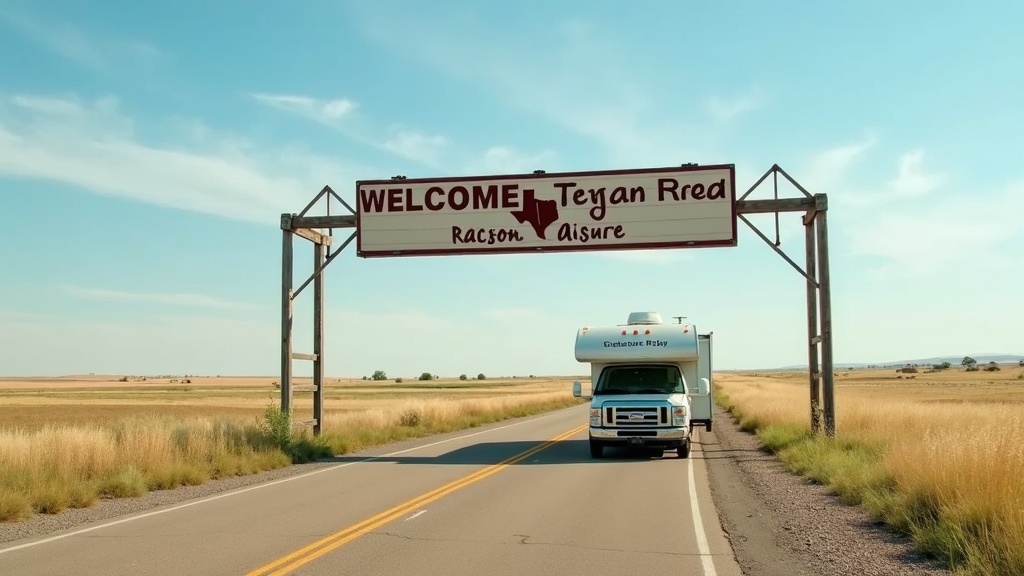
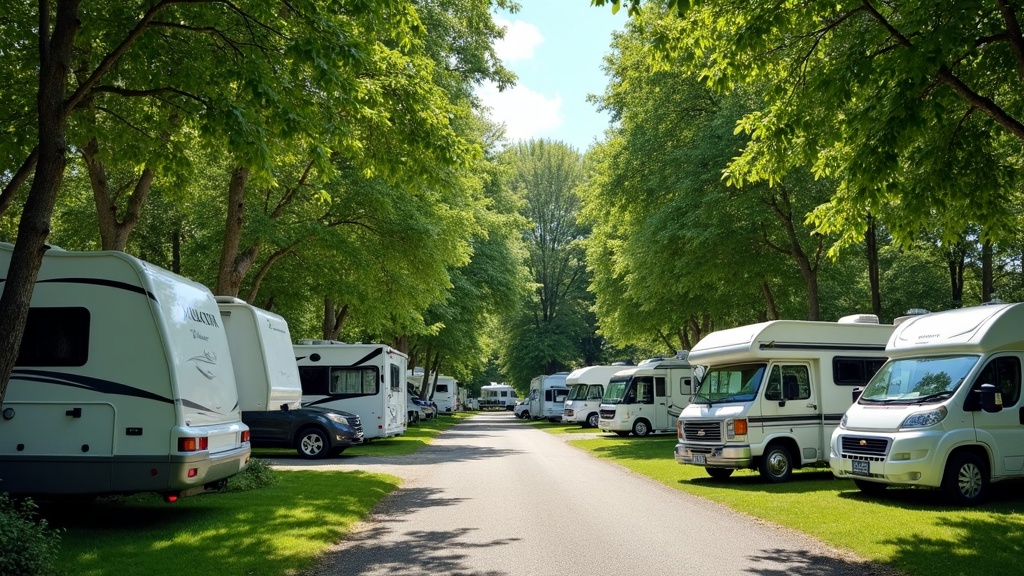

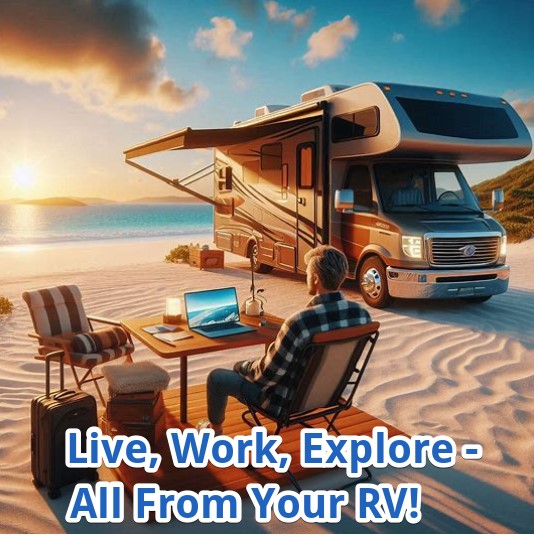
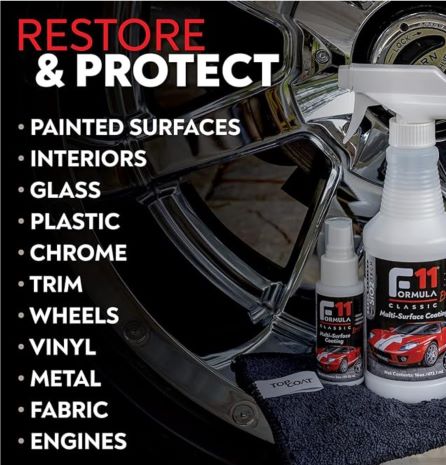
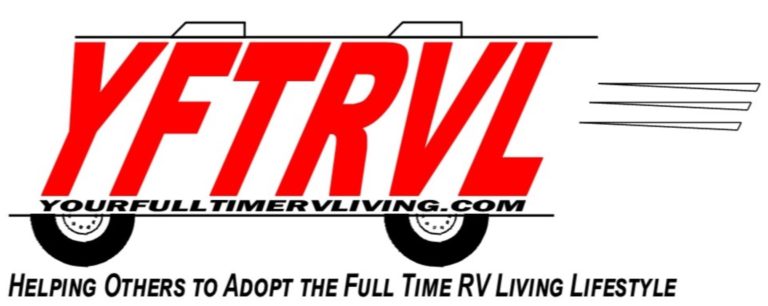



Recent Comments